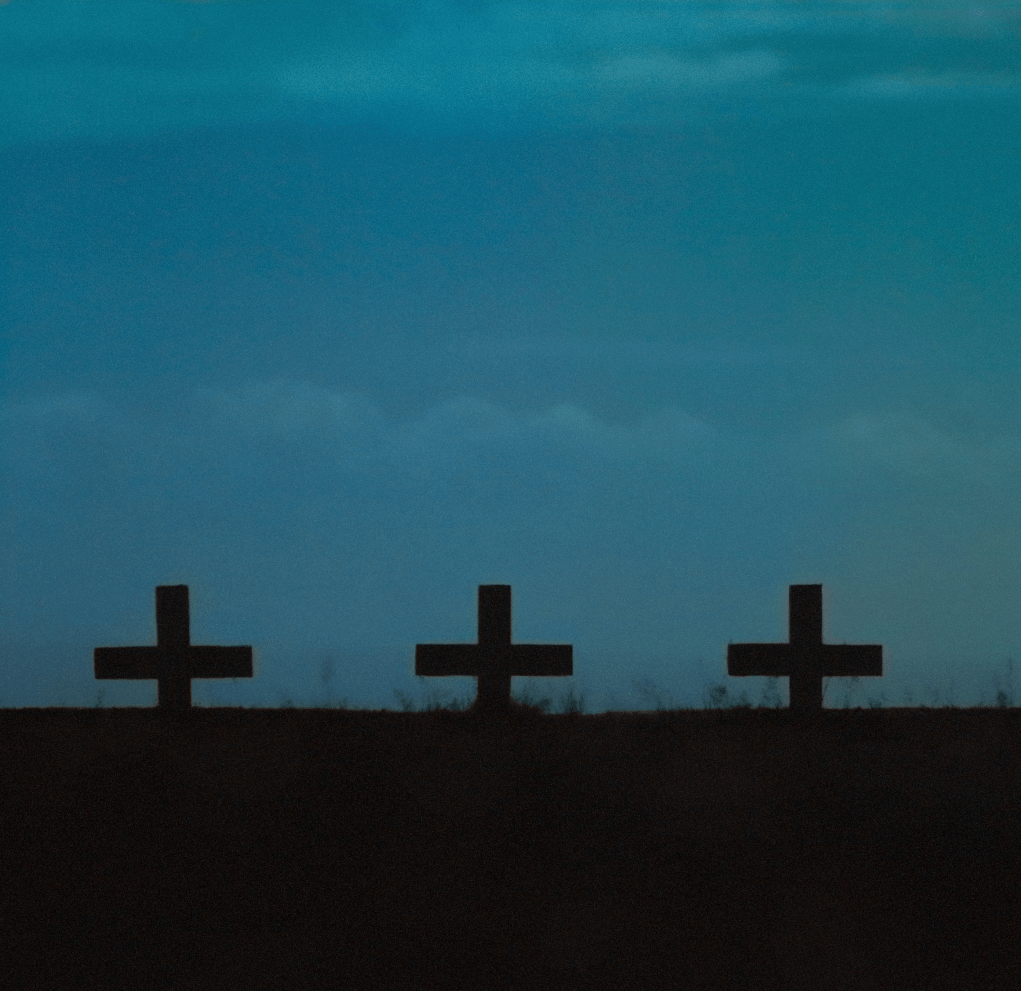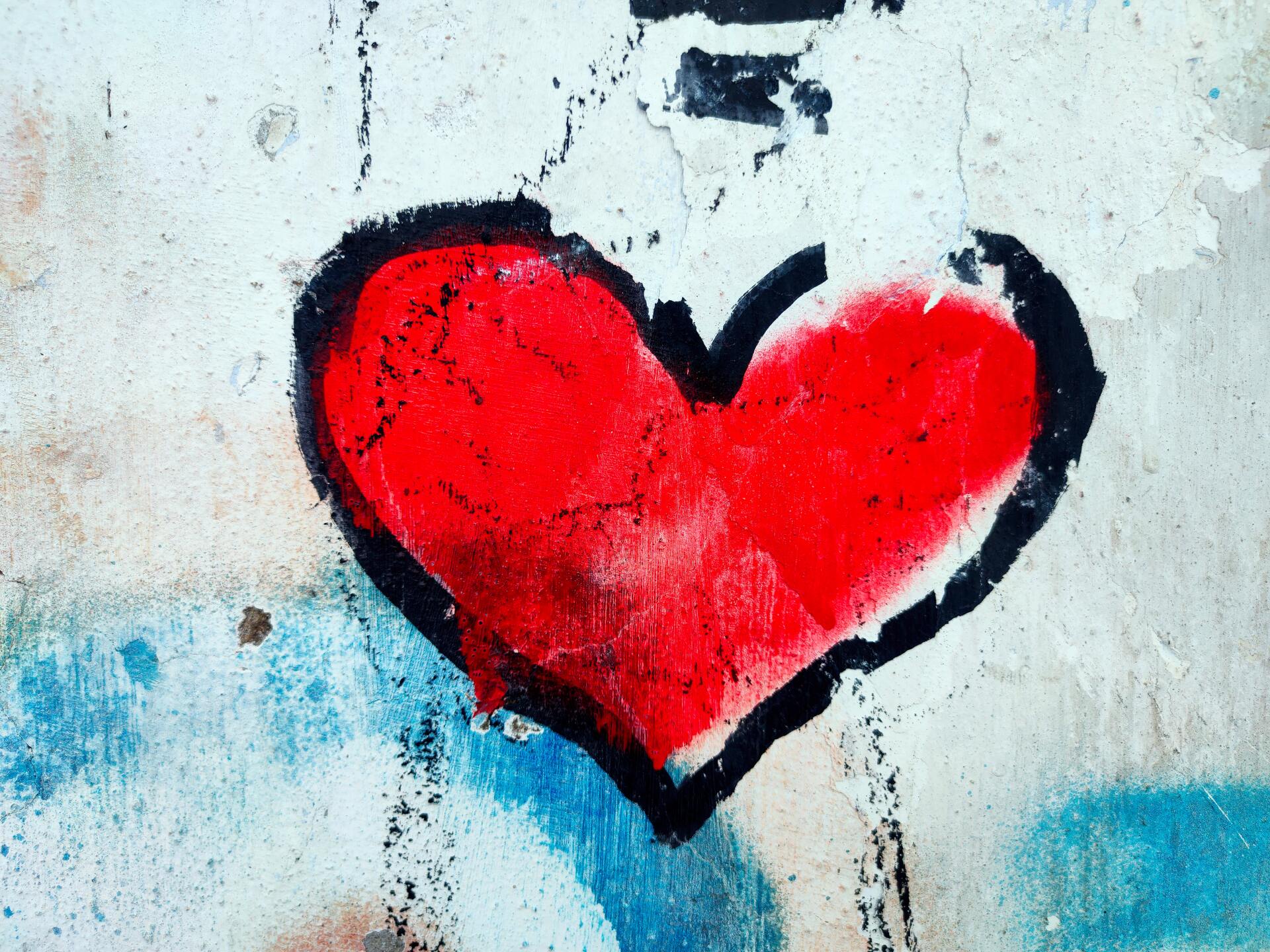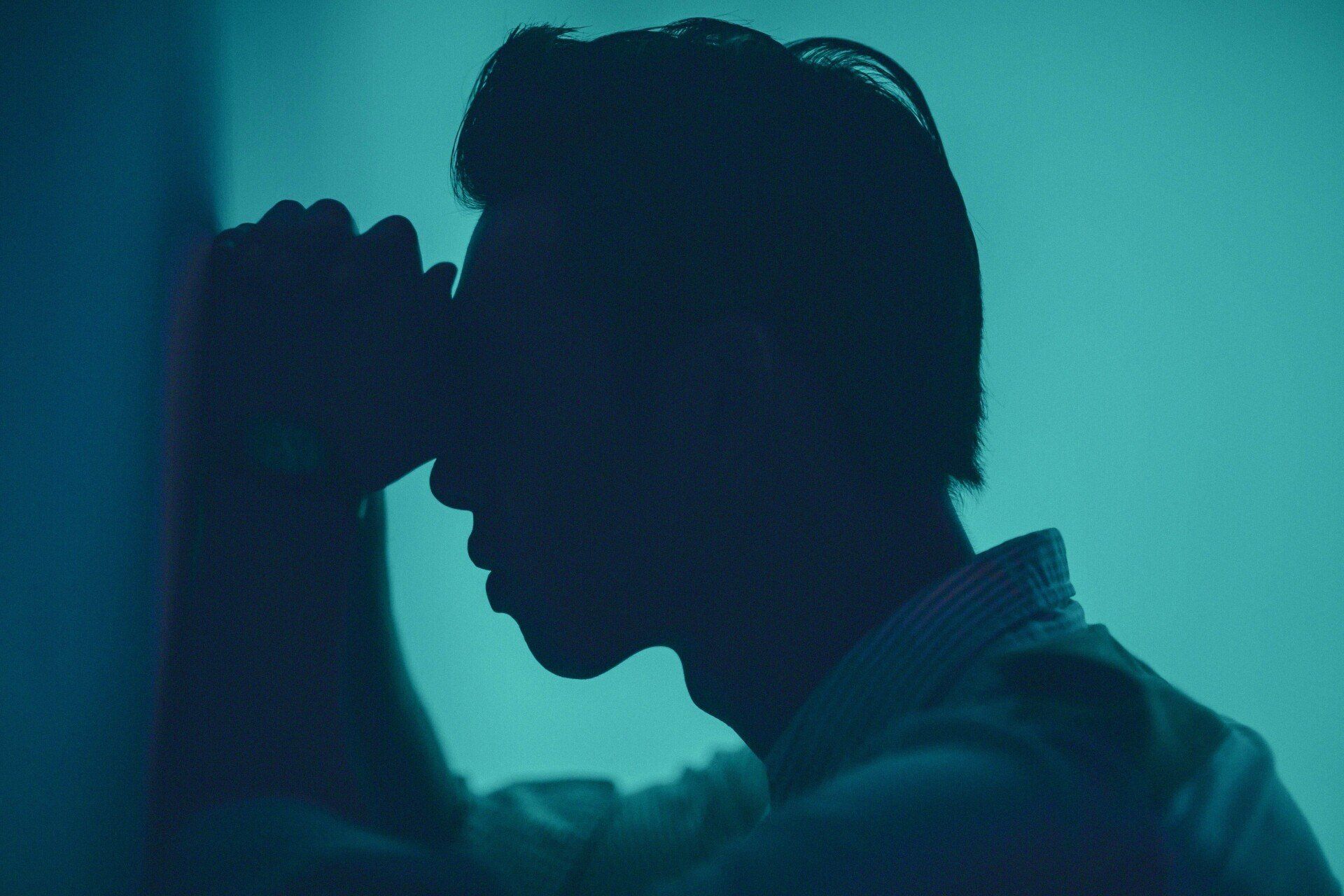Is Customer Experience the latest casualty of COVID-19?
We recently asked the question “What are the key customer experience skills that organisations should be focused on right now?” And the responses suggested we might have asked the wrong question…
“Does Customer Experience still figure on organisations' agendas?”
...might have been more apt!
Based on some bizarre interactions I’ve had recently with a range of companies, it’s not such a far-fetched question as it might seem? Many of them blamed COVID-19 for poor service and the reason my experience as a customer was more complex and protracted. Don’t get me wrong; I agree with the need to change processes—the absolute need to keep both staff and customers healthy and safe in the current climate. I'd challenge the application of a process that makes no sense. Worse, using it as an excuse for the delivery of customer service that lacks any of the basic ingredients that contribute to (and build a good) overall experience.
We recently asked the question “What are the key customer experience skills that organisations should be focused on right now?” And the responses suggested we might have asked the wrong question… “Does Customer Experience still figure on organisations agendas?” might have been more apt!
Based on some bizarre interactions I’ve had recently with a range of companies, it’s not such a farfetched question as it might seem? Many of them blamed COVID-19 for poor service and the reason my experience as a customer was more complex and protracted. Don’t get me wrong; I agree with the need to change processes—the absolute need to keep both staff and customers healthy and safe in the current climate. I'd challenge the application of a process that makes no sense. Worse, using it as an excuse for the delivery of customer service that lacks any of the basic ingredients that contribute to (and build a good) overall experience.
In our recent survey, 75% of respondent comments indicated a sense of prioritising process over people, and my experience certainly supports that. For a start, the interpretation and application of similar rules across different organisations, doing precisely the same thing is hugely inconsistent. Some hide behind the catch-all excuse of COVID-19, ignoring the fact that other organisations are demonstrating agility and doing a great job, despite sharing the same set of circumstances. For those left languishing, long-term, this could cost them dearly!
How hard can it be?
Let me give you an example: I’m currently looking to upgrade my kitchen and bathroom (the holiday budget had to go somewhere!). One Saturday, my partner and I decided to do some showroom visits to get an idea of what our options are and how much it would cost us.
We visited three businesses. The first had open doors. Their meet and greet person asked us to use the hand sanitiser and gave us brief instructions about how the showroom was operating. You know the script - follow the arrows, stay two metres apart from other people, if you open a drawer, leave it open so we can see which ones to clean etc. We were impressed and spent a good 30 minutes browsing in their showroom (that’s a long time for me to be shopping)!
At the second one, which was literally next door, the doors were locked. We knocked, and a reluctant showroom assistant walked to the door. They unlocked it and (without opening it too far) told us they were only allowing two customers in at a time. They advised that we had to make an appointment online, so if we didn't have an appointment, we couldn't go in. We didn’t, so we couldn’t.
So, we walked across the road to the third retailer.
These guys had a sign on the door asking customers to ring a phone number, for assistance. We did this and could hear the phone ringing inside the showroom. A very polite person answered and informed us that they also had an appointment system and unfortunately didn't have any slots today. If we wanted to, however, we could make an appointment for the next day - which is what we did.
Whilst slightly disappointed, at least she didn’t allow us to walk away with our potential cash like the second company.
And that’s the point for me - do you want your customer's walking away without you having the opportunity to have a conversation? The place I will spend my money is going to be the first place I went to because they allowed me to have an experience. To see and touch the units and imagine what they would be like in my home. This is a critical element of the customer buying process and a skill good salespeople apply. They interact engagingly with me, acknowledging my thoughts and using their knowledge to add value to my buying decisions.
So, when I talked earlier about things making absolutely no sense, this is it. Three stores, selling essentially the same product. Why has only one found a way to allow customers to turn up, on spec, and look around?
There’s a more significant piece at play here though. The second place has not only lost me as a customer right now, but I’ll probably never go back. I’m sure if they knew that was as a result of their COVID-19 policies, they would be changing them pretty quickly.
Has your business adapted?
I struggle to accept that, six months after the lockdown started, some companies are still working out how to treat their customers. In this new world, how much has that cost them already?
In a recent report on the impact of the pandemic on CX policies, Adrian Swinscoe wrote:
“I wish that folks would focus more on the present and getting things right in the here and now. This is where we live and where we serve our customers. That is not to say that we should not keep an eye on the future. That is essential, but we shouldn’t do it at the expense of getting things right today.”
We are currently nosediving into a recession. All of the research is telling me that customers will be tightening their belts and looking to reduce spending and generally being more prudent.
This presents businesses in the sales and service industry with an opportunity. We need to look after customers we have like never before. When there’s an opportunity to gain a new one, we should be treating them to the best experience they can have, as if they were our first ever customer!
Unfortunately, it seems that many organisations haven’t got this message yet, as my experiences suggest they are still doing what they've always done. In some cases, they’ve got worse and seem to have lost the ability to apply a dose of common sense into the processes they have had imposed upon them.
In a Harvard Business Review article, Denise Lee Yohn wrote:
"CX and EX (employee experience) will grow increasingly interdependent. Companies will find that employees can (and will) only deliver to customer experiences that they have themselves. Company leaders must deliberately design and manage daily experiences that engage, empower, and equip their employees to differentiate and excel at CX.”
On that basis, if we’re all having sub-par experiences, those in the service industries risk replicating that experience for their own customers.
Processes over people?
There are companies out there who are doing a brilliant job; they’ve adapted their processes whilst still applying the basics of service. For example, the local pubs and restaurants who are offering their menu items as a takeaway. Retailers who took the 'click and collect' concept one step further and brought your goods out to your car for you.
Then there are the ones who got it badly wrong. I was trying to change a bank account to a savings account. As it was a joint account, my online bank needed to validate that both parties were happy to make the change, and this could only be done through phonebank.
I rang them and went through several layers of IVR before speaking to someone. They informed me that that service wasn’t available over the phone at the moment, and due to reduced staffing levels, we would need to attend a branch. We went to the branch the next day, and it was closed. We were greeted by a notice advising us to go to the next nearest branch.
We didn’t have time that day, so went the following day. When we arrived, the specialist we needed to see informed us they weren’t currently offering the service face-to-face, due to COVID-19. He advised us that we would need to make an appointment so he could phone us and take us through the process on his iPad. I politely suggested that given we were stood in front of him (at a safe distance) - all with masks on - and his iPad was in-hand, could he take us through the process now? Apparently not!
We left and had the phone call the next day (which took less than 15 minutes).
It left me wondering whether some of the processes and interactions are a kneejerk reaction?
What if we stuck to doing what’s right for the customer by applying the time-honoured skills that make it easy for them? We would be building their loyalty at a time when that is critical.
In their Customer Experience survey, Gartner found that two-thirds of companies were competing mostly on Customer Experience (CX). 81% of companies expected to be competing primarily or entirely on CX by the end of 2020. We need to get this right, or it will cost in the long term!
We all have an opinion on what excellent service looks like, with an infinite number of examples to back up our views. I was looking at this recently to try and understand if we need to change our thinking due to recent events?
As I intimated in my post last week:
“If the challenges of recent months have taught us anything, it's that customers will not accept less, simply because we're in "unprecedented times". There is a greater need to make things easy for our customers. If we don’t, switching to alternate suppliers has never been easier for the consumer. The impact of this pandemic WILL inform buying decisions for this (and subsequent generations), so a dropped ball today could cost your organisation for a decade or more!"
It was only inertia that stopped me just opening a new account with another bank. This would have been simpler, as it turned out than amending an account with my current bank. Crazy, no?. And, had that been the decision I’d made, I'd have likely, (subsequently) closed my existing account, losing me as a customer.
What’s the answer?
In a nutshell, customers want to have conversations that feel human, frictionless and memorable.
Over the last twenty years, we have worked with hundreds of thousands of people in a vast range of organisations. This experience has taught us that there are core elements that make a conversation feel human and easy.
What we know to be true is that, with the right mindset, it is much easier to handle almost every situation that customers throw at servicepeople. Regardless of where you work, whether it be retail or at a call centre for a bank; it is inarguable; regardless of skills and capability, your mindset makes all the difference.
For some people, it's innate - just a part of who they are. For most of us though, it is a conscious choice that we have to make each day. Given the right operating climate, people can change their mindsets and how they show up for your customers.
Right now, great service people are displaying several mindsets that enhance the customer's experience. They demonstrate accountability by owning the customers' issues and making them feel like they are in safe hands. High performers display curiosity; they switch off autopilot, are present in the moment, seeking to understand the customer and genuinely listening to their situation. Lastly, they show bravery; and are willing to step up and do the right the thing for the customer, and the business.
How people think impacts directly how they feel and behave. Customer experience does not change unless servicepeople do. Change is difficult. So frankly, how do we get people to do less of the bad stuff and more of the good? The answer lies in thinking about thinking - changing people’s mindsets. Results come from changing people's thoughts which, in turn, impacts how they behave and how others experience them.
Enter Elev-8. We understand mindsets and have a proven track record in helping people shift and reframe their thinking. By creating this change in how people show up to work, you impact how customers experience your business.
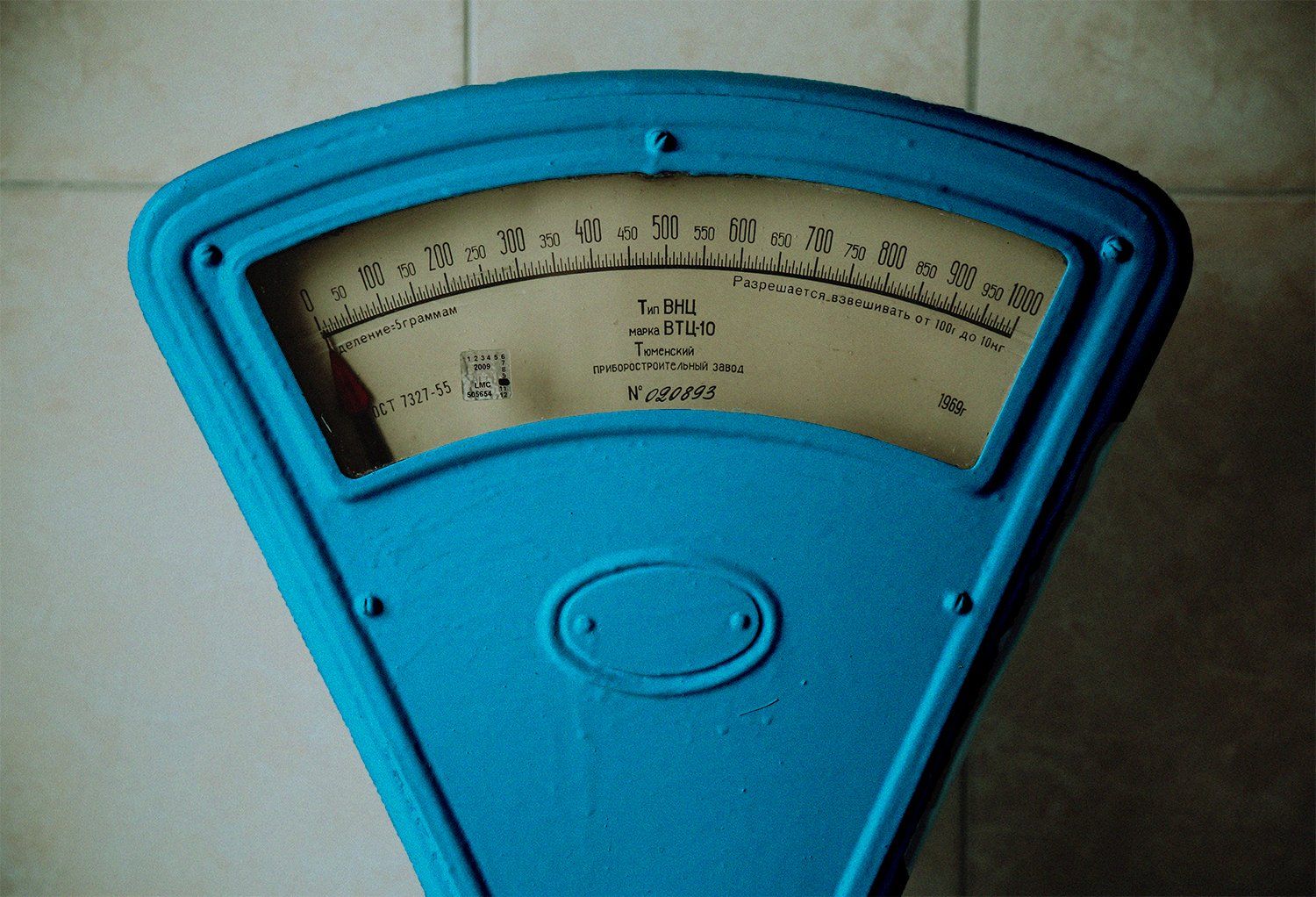
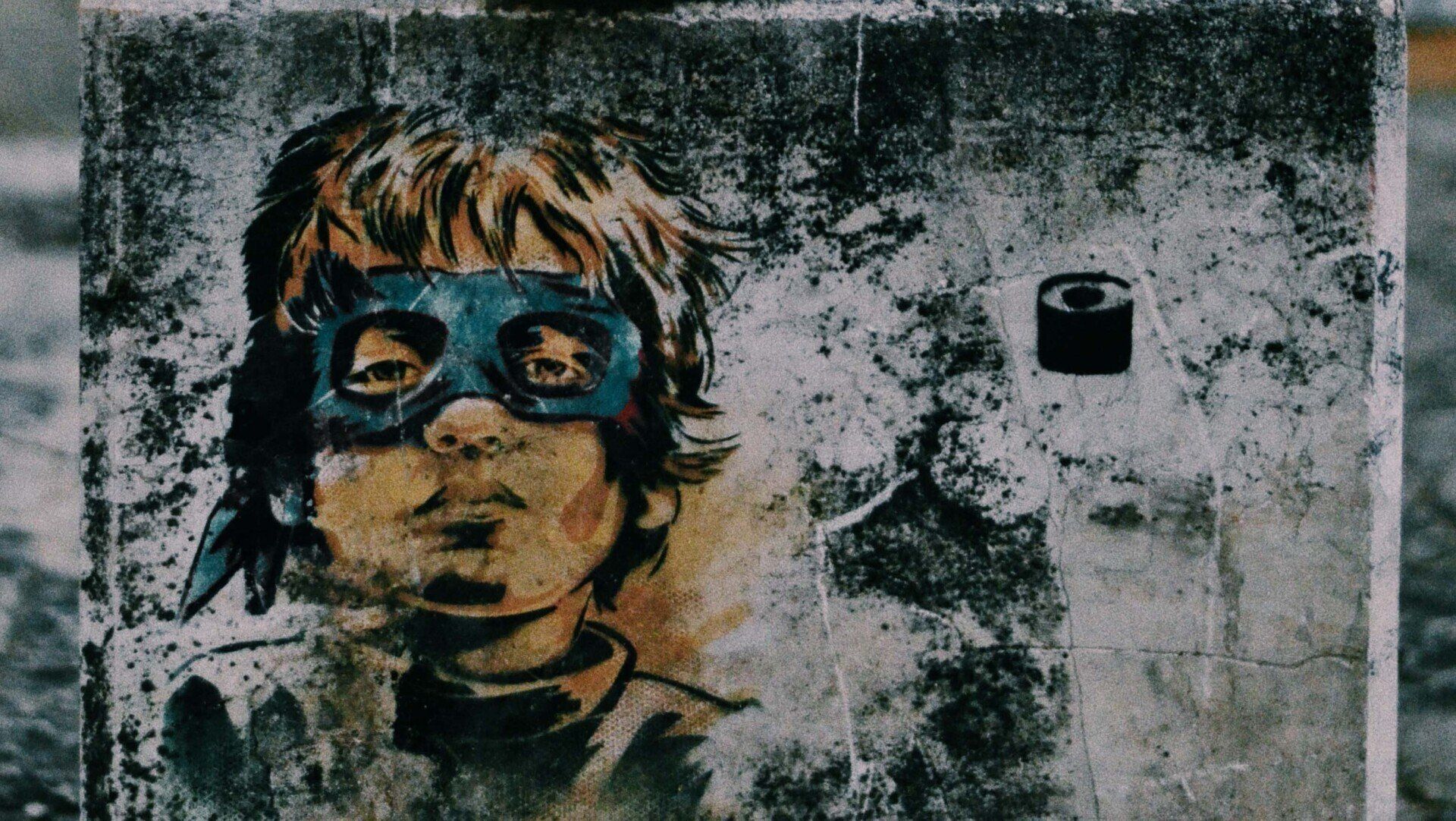
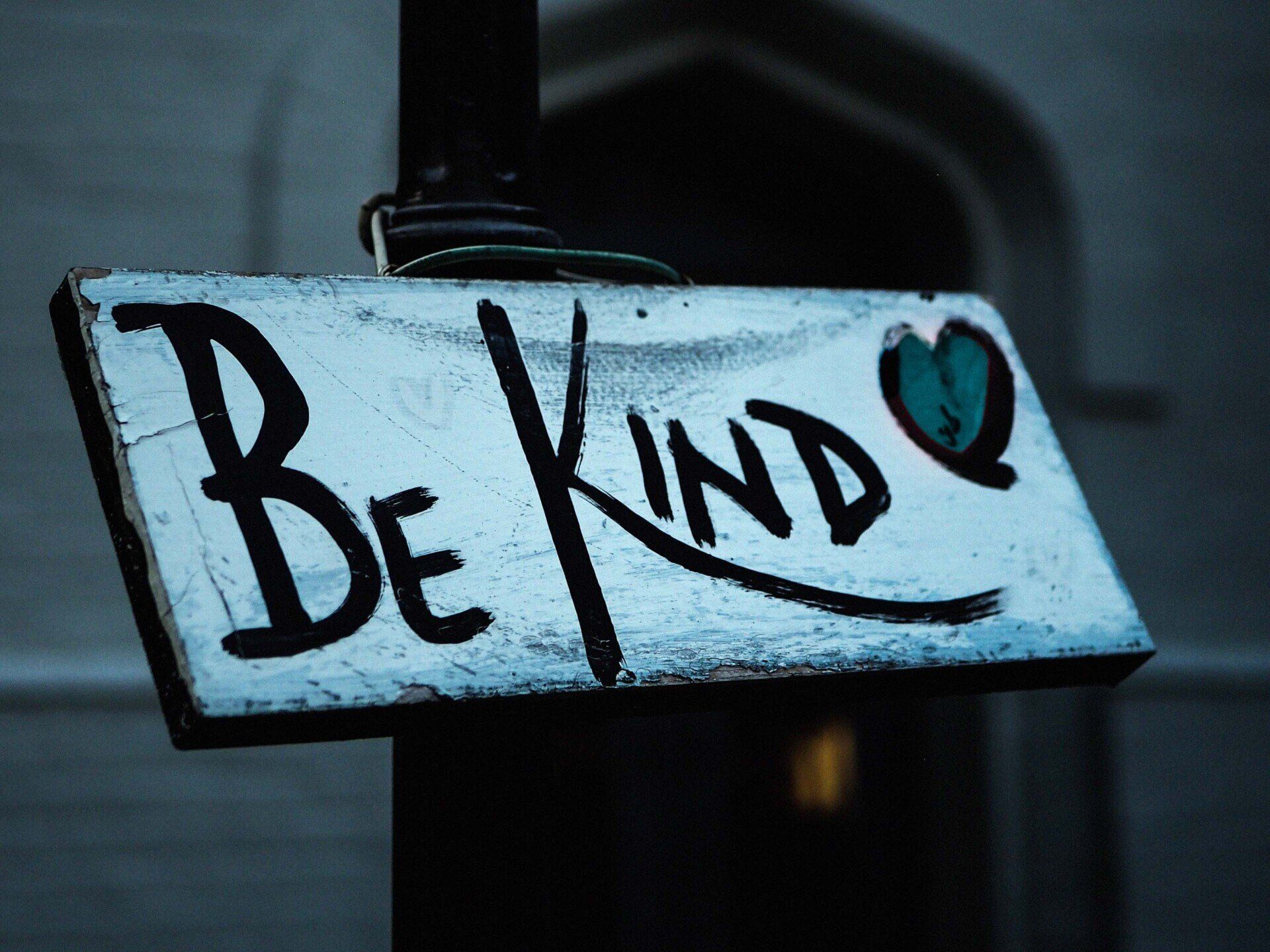
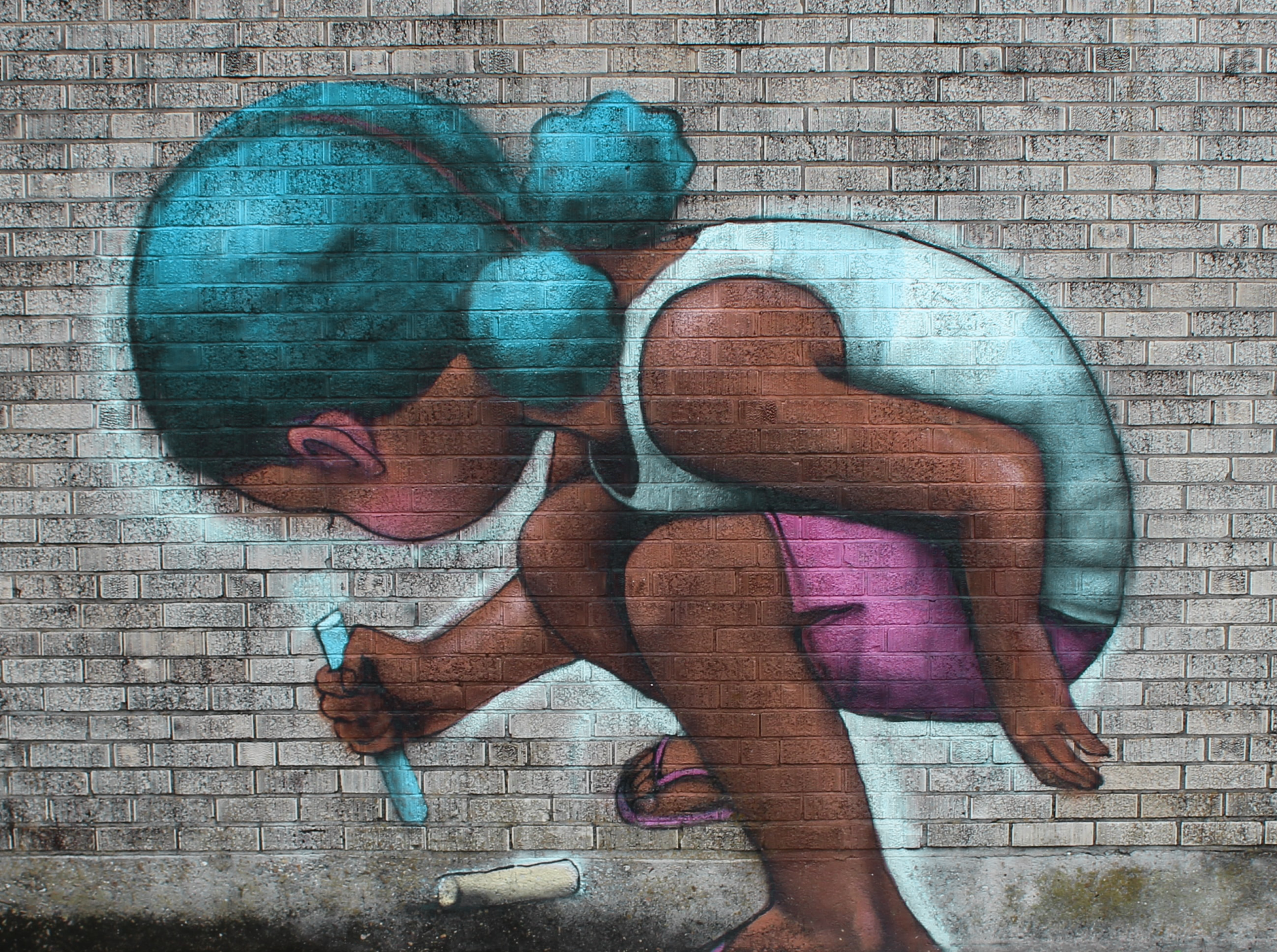
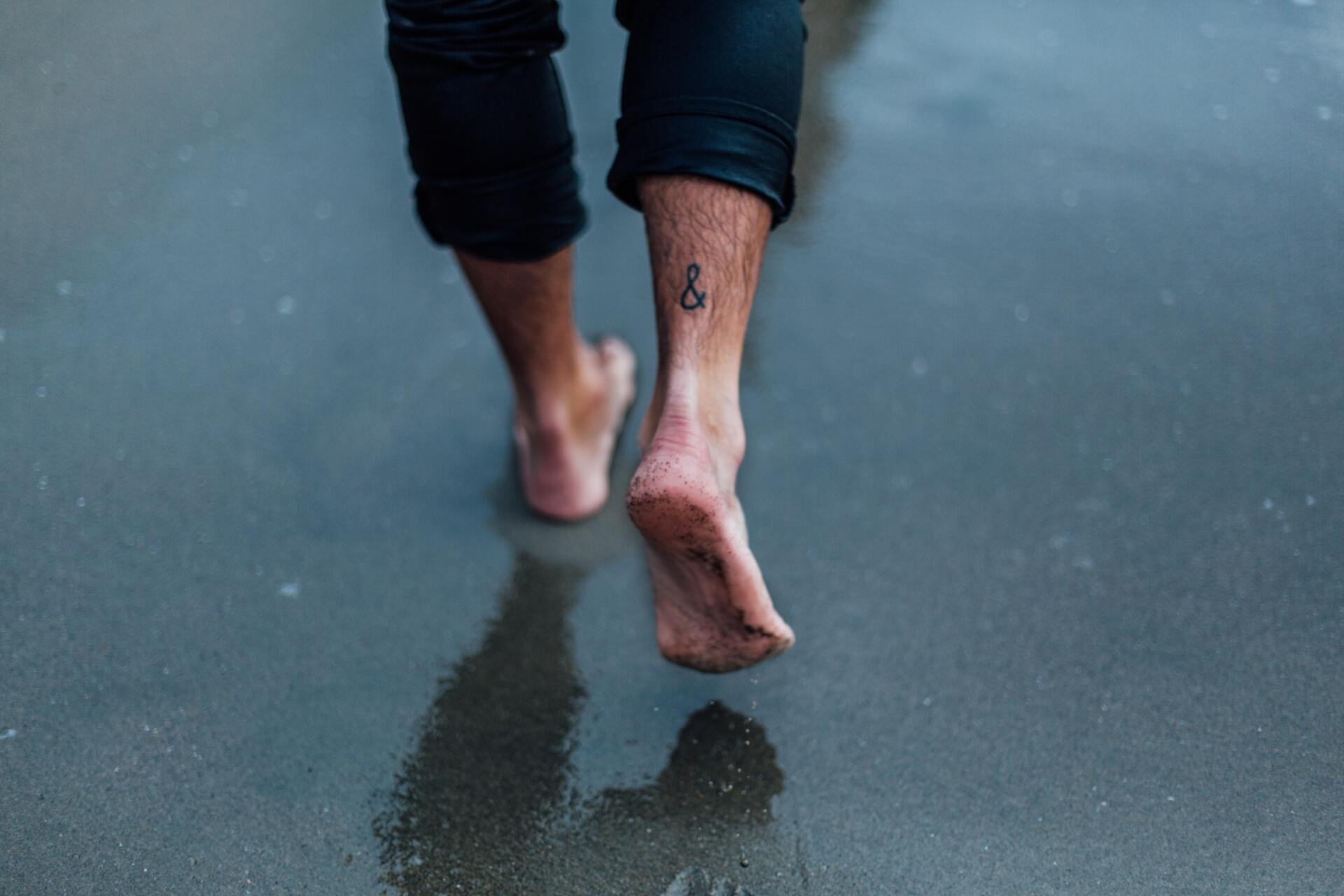
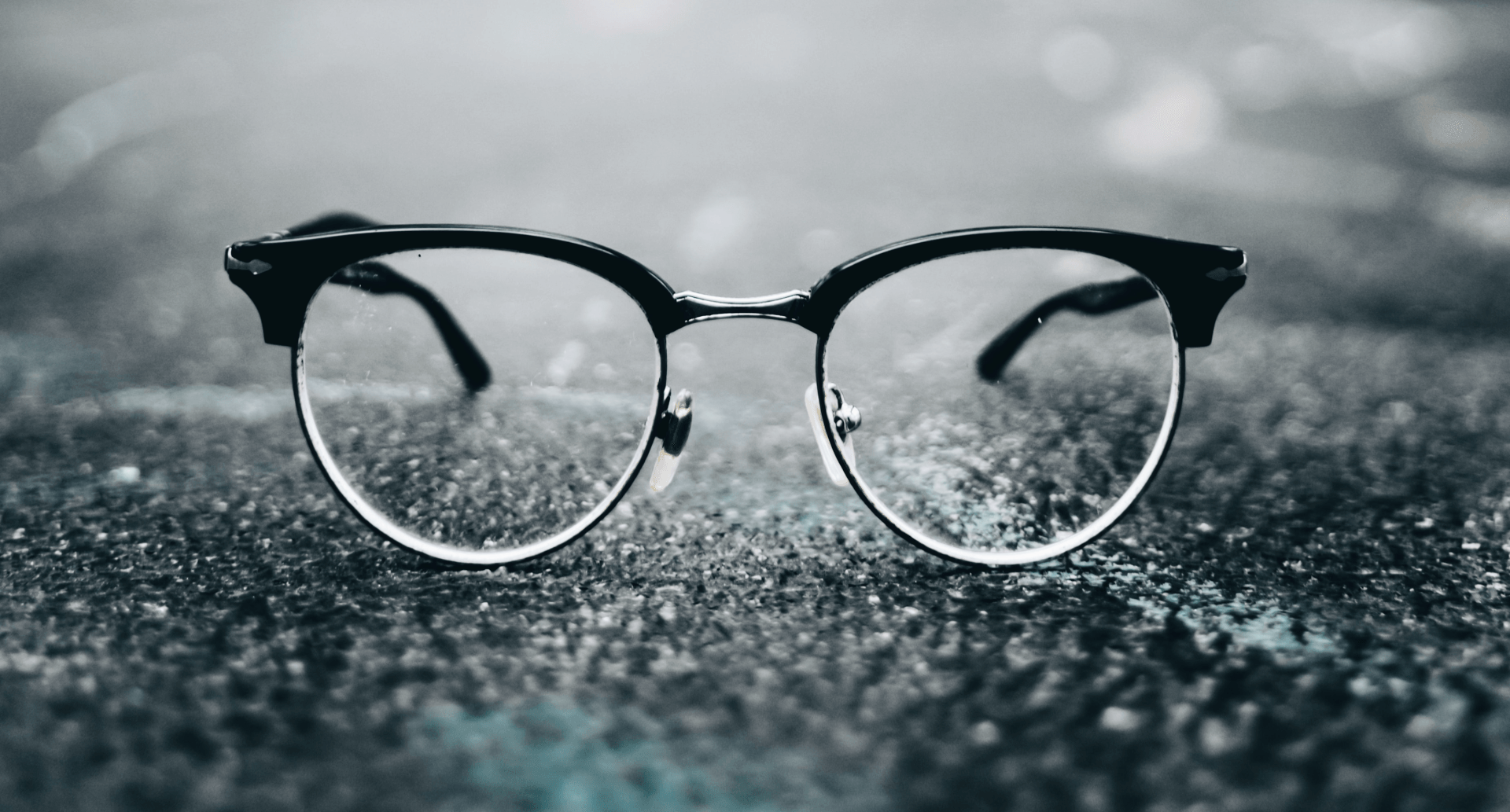
All Rights Reserved | Elev-8 Performance Improvement Ltd (Company no. 12731955)

